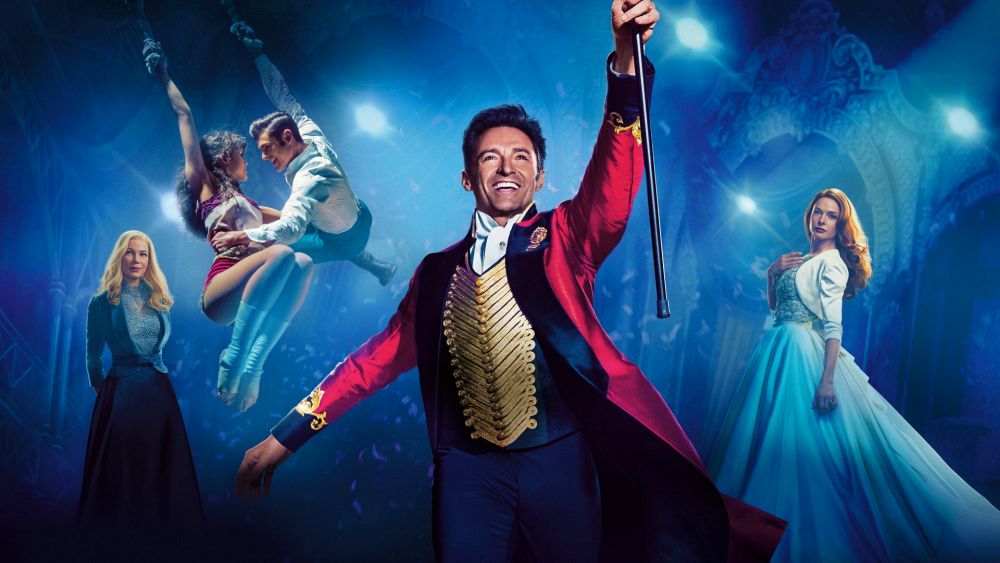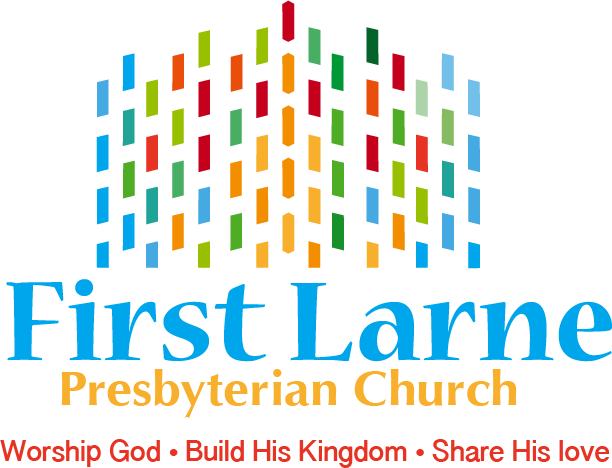The Greatest Showman

I just love what those people at the London Institute of Contemporary Christianity have to say! This review of Hugh Jackman's latest film "The Greatest Showman" is full of such intriquing insights. Read it and see if I am wrong!!!
The Greatest Show on Earth | Connecting with Culture
A man is born to humble beginnings, but knows he is destined for something greater. Sound familiar?
Add some sequins, elephants, and a bearded lady, and you’ve got a very different story to the one you might have expected. The Greatest Showman is inspired by the true tale of a man with a flair for show business, who created a spectacle to dazzle Victorian audiences in the United States.
P.T. Barnum (Hugh Jackman) is ringmaster of a collection of ‘exotic’ oddities, including trapeze artists, Siamese twins, and other societal outcasts. From these he creates ‘the greatest show on earth’: part circus, part musical, part ‘freak show’.
Some audiences applaud, but others snub Barnum, picket outside, and attack the cast. Whether violent hooligans or cold aristocrats, these are the film’s villains. By contrast, the show’s motley crew of misfits are presented as being perfect just as they are. Here, the film trumpets a popular modern mantra: just be yourself. The tone is rousing as the cast sing in unison:
I know that there’s a place for us
We are glorious…
I am brave, I am bruised
I am who I’m meant to be…
I make no apologies, this is me
Christians can certainly celebrate the idea of a judgement-free community where everyone is welcome and difference is celebrated. It’s a challenge to us: which groups exist in our society that are laughed at and reviled? How can we offer them love, hope, and a family?
The film does, however, get it wrong when it assumes that we simply need to embrace ourselves as we are, flaws and all. Instead, Christianity claims, we are loved and accepted as sinners, but we are offered the chance for forgiveness and change. We can cast off the old selves and put on new selves. This is more than donning stage makeup and an impressive costume. It’s a deep-rooted transformation of our inner beings.
The only character who undergoes any comparable transformation is our hero. Barnum repeatedly makes bad decisions, disappoints people, and gets distracted by the superficial. Yet he learns to overcome his pride and selfishness, valuing friendship and family over money, loyalty over success, and integrity above everything.
Thankfully, though, we don’t need to ‘rewrite the stars’ or act as ringmasters over our own transformations. Instead, we are asked to trust that the one who has begun a good work in us will carry it on to completion.
Rachel Smith
Rachel works in marketing for higher education. She attends King’s Church Durham.


